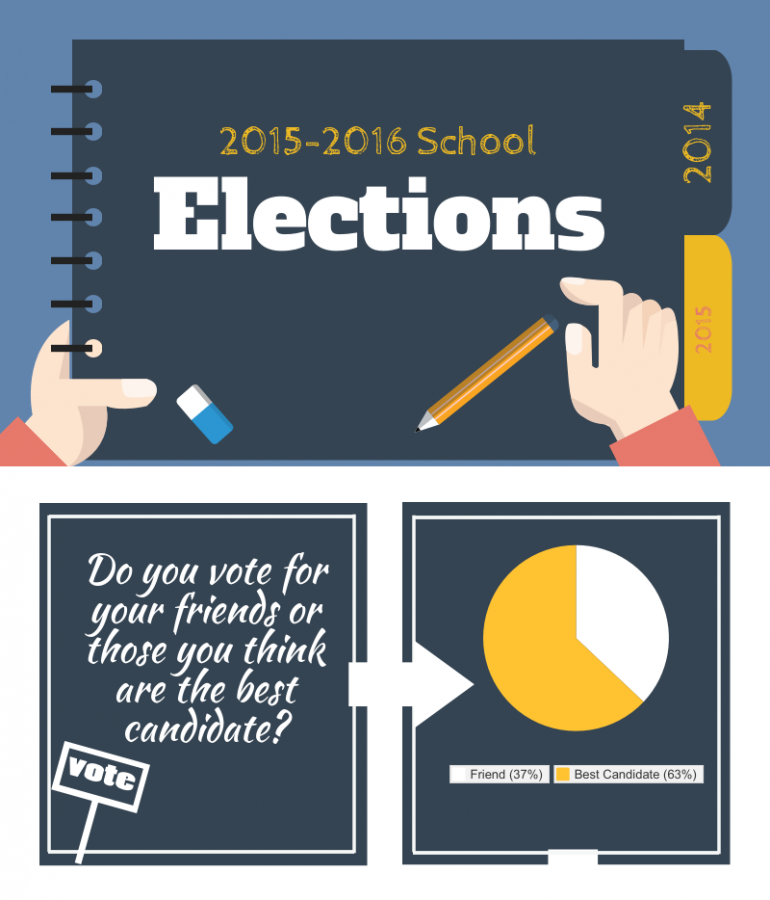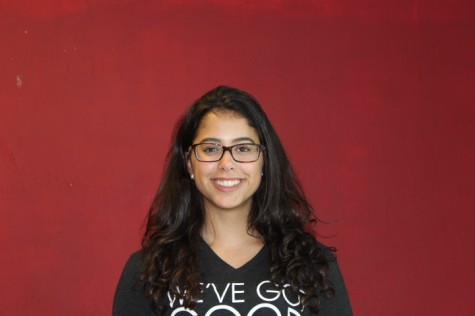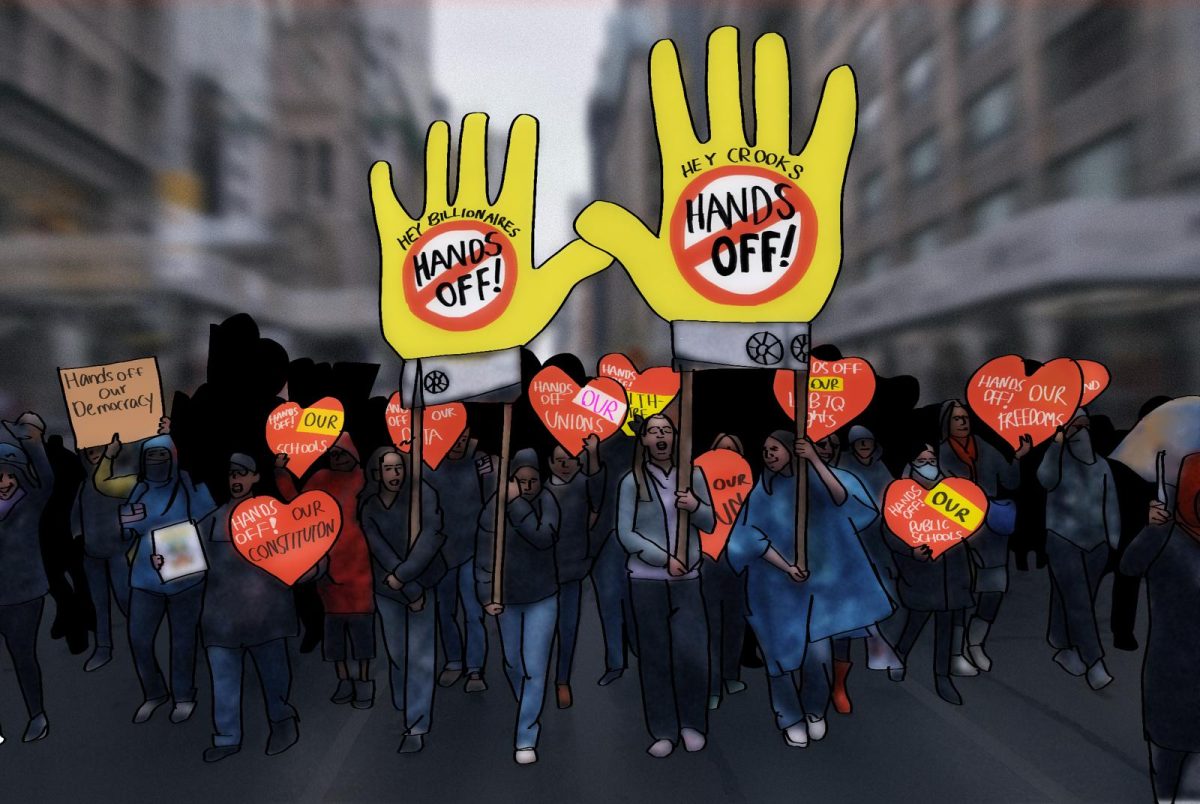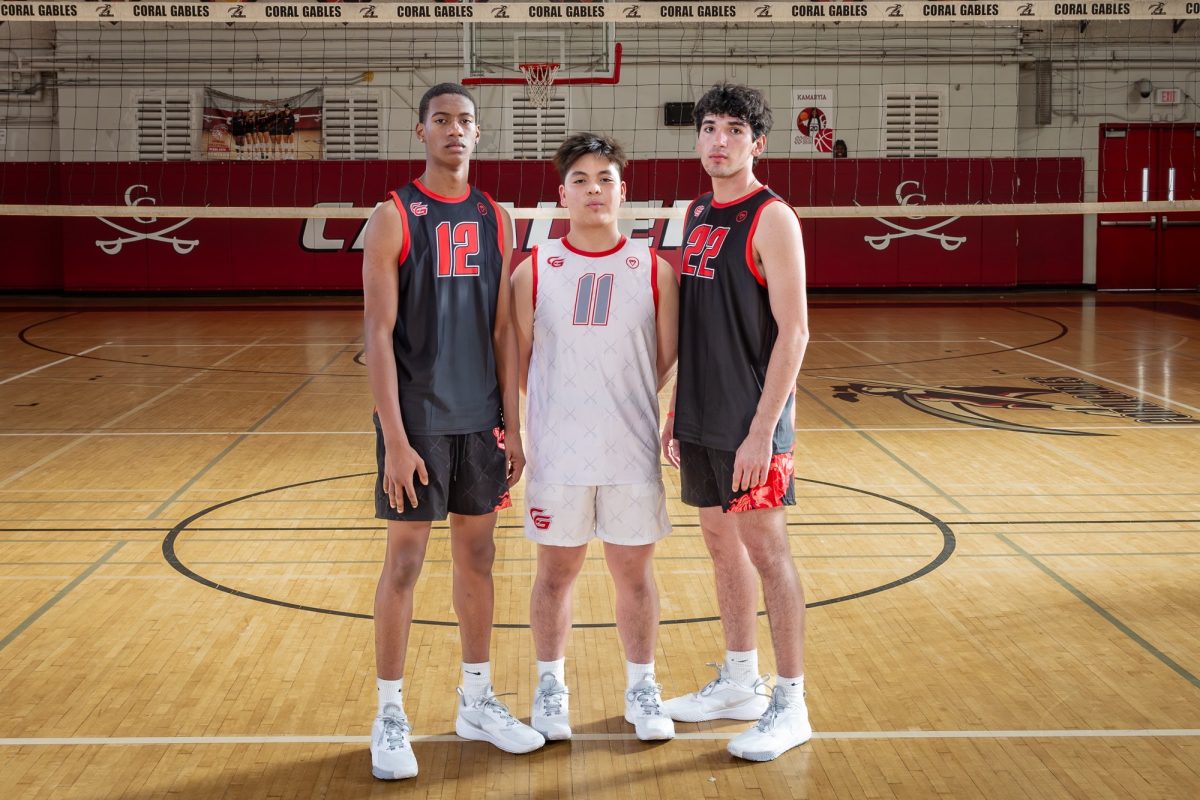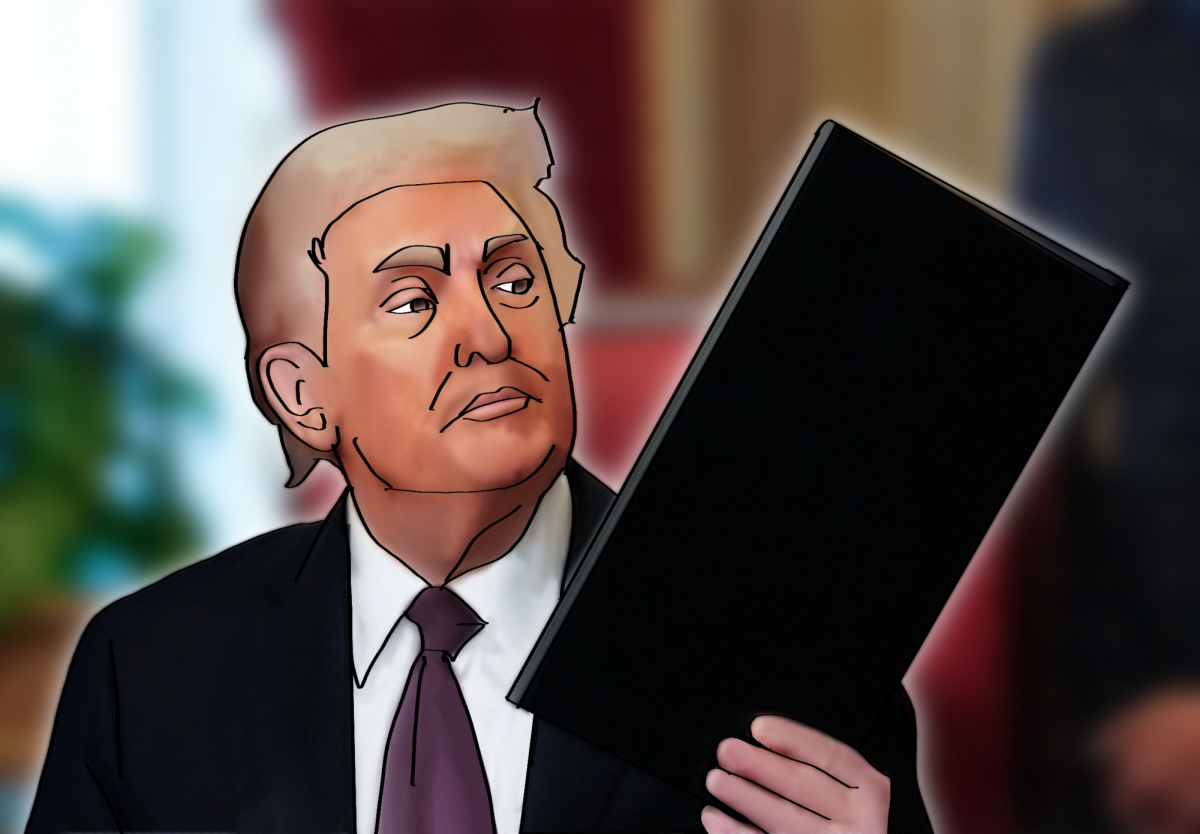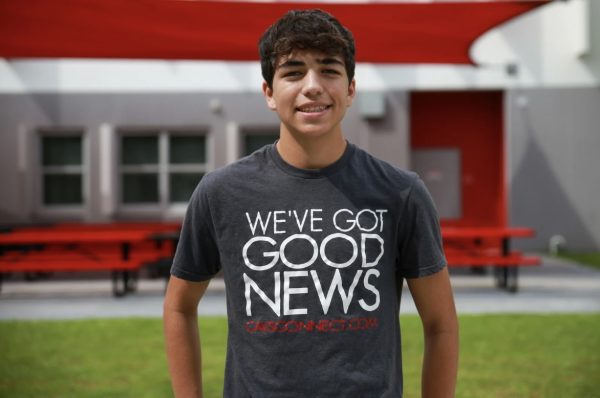“How Do You Go About Voting?”
Elections are around the corner!
Jan 19, 2015
In campaigns, whether about state politics or merely a school election, candidates should present their ideas and objectives firsthand, while individuals should base their vote primarily on what the candidate brings to the table. Now onto reality: candidates rely primarily on second-hand marketing, and most individuals remain disengaged, and wind up choosing the most well known candidate, whose name they learn from word of mouth. For the most part, school elections tend to follow the same pattern, with most individuals either misinformed or placing elections at the same level as what color to paint their nails.
The 2015-2016 school elections have changed, considering the fact that voting will now take place with paper ballots instead of electronically. The reason is that Roy Howie, the creator of the electronic voting site, is a near relative of one of the student council presidential candidates, junior Grace Howie. In order to avoid any perception of unfairness, paper ballots will be implemented this year. Although electronic elections save time and are more efficient, paper ballots always acquire more votes. However, regardless of the method used, paper or electronic, students are more likely to choose their friends rather than the best candidates. So while the form of the ballots might change, students are likely to have the same attitude towards the upcoming election: uninterested.
“Elections are essential since we place a fellow Cavalier as the one responsible for leading the rest of the student body, but most of my friends last year didn’t even vote online. Yes, they are lazy, but is that a justifiable reason to not vote,” junior Liam Lorie said.
The real question is whether elections will increase in number and importance with paper ballots. Paper elections require ballots to be passed out in every homeroom class, increasing the likelihood that every student will vote. So, yes, more votes are guaranteed with paper elections – although the likelihood of a miscount increases as well. Electronic elections, on the other hand, usually lack the minimum amount of votes required because not enough students place their vote online, perhaps due to laziness but also due to lack of interest.
“I have yet to hear a single candidate talk about what they feel is important-only that they’d be good at it,” junior Joshua Andino said.
So the question remains, why don’t all students make their voices heard? Students should care about who is in power, because they are placing responsibility for decision-making into the hands of their student government. These individuals will be making decisions that affect the rest of the student body. In order for fellow Cavaliers to decide whom they will leave these critical responsibilities to, candidates need to be responsible for generating widespread interest by doing a much better job communicating their ideas and objectives for bringing about change.


